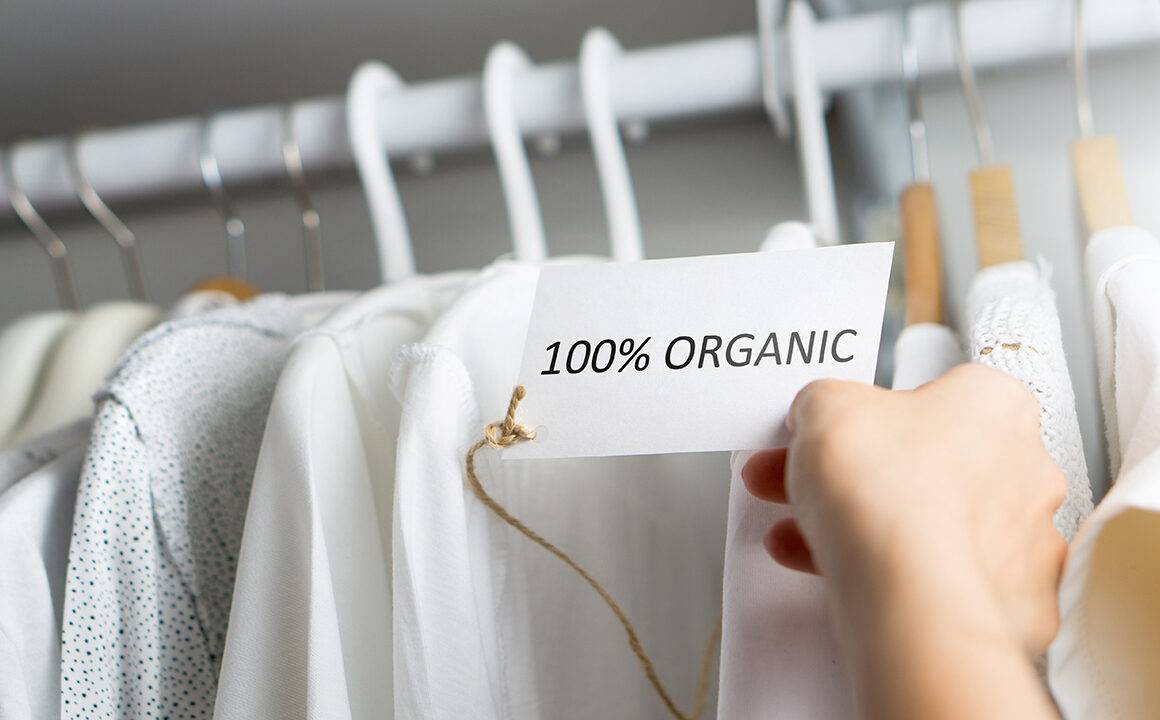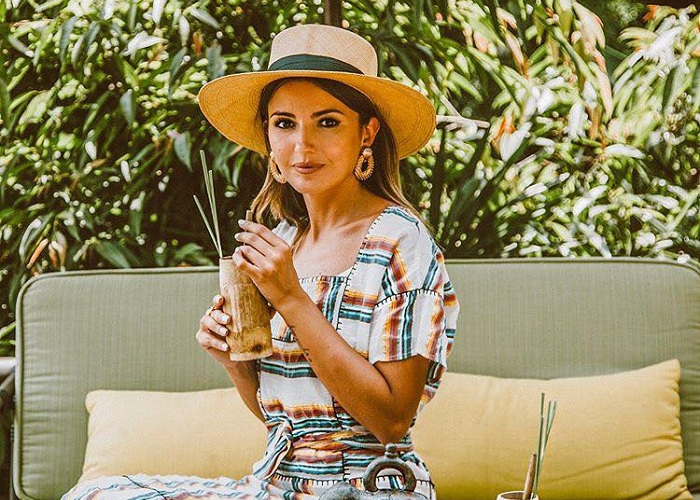The Latest Sustainable Fashion Trends

The terms sustainability and climate change are on the lips of most people these days, with more of us working towards a more eco-friendly way of living. One of the main areas that have seen a surge in custom during 2021 is the fashion industry, with more sustainable options than ever before. We took a look at some of the most popular sustainable trends that are taking the consumer market by storm – find out more about them below.
Circularity
This trend is all about reusing materials over and over again so that they are not just dumped and wasted when one person has finished with them. This trend has seen a rise in popularity because of high street support from stores like Marks and Spencer and H&M, but there is still a lot of work that needs to be done to get all brands to meet their circularity targets each year.
Growth of Sustainable Brands
Breaking into the fashion industry is a long and hard process, but as demand for more sustainable options grows, there has been an influx of brands that specialise in this area. One of the main reasons they have become more viable is because people’s thinking has changed in light of COVID-19, with more consumers wanting to support smaller businesses that are helping the global climate crisis and supporting more slow fashion. Find out more about slow fashion here.
Better Access to Sustainable Options
The internet is a powerful tool, and when lockdown began, many consumers turned to online shopping to get what they needed. This trend has not shifted much since, and consumers now spend 75% more online than they did just two years ago. One of the ways that this happened was via social media and local advertising for small businesses that offer sustainable clothing options, helping them to grow in popularity and sell more items.
Changing Attitudes to Outfits
Fast fashion teaches us that we have to have to swap out outfits on a regular basis and avoid being seen in the same thing twice. However, there has been a shift in attitudes, and the trend of repeating outfits has grown serious traction over the last twelve months. More people are keen to be inventive with their clothing choices, meaning that mixing and matching wardrobe items is becoming the new norm.
Recognising Garment Workers
The social impact of the fashion industry has been a murky area for some time, but now fashion fans are determined to bring it into the limelight and share the concerns they have about the treatment of garment workers. More companies are looking to achieve B Corp Certification to show their commitment to environmental and social needs, and more consumers are keen to shop ethically – ensuring that better working conditions are achieved for all.
Reselling
The amount of donations to charity shops is on the rise, and more individuals are choosing to resell items they no longer want in a bid to reduce climate change. The resale market offers a win-win solution for many people as it puts money back into the sellers’ pockets, reduces the amount spent on clothing for the buyer and reduces the level of demand on shops to sell fast fashion. There are many aspects to the reselling trade from using social media, accessing reselling apps or just having a local reselling get together for friends and family – consumers are taking the lead on more ethical practices.
Increased Use of Sportswear
During the pandemic, more people discovered the joy of wearing comfy clothes and sportswear rather than their usual office attire. This trend has not only continued but the demand for casualwear is set to carry on into 2022. Both casual and sports items tend to be used for longer before being thrown out as people have different expectations of what’s acceptable at home and what’s required for work. The result of this change is the purchase of longer-lasting items and the reduction of more traditional formal items that take a lot of resources to create.
Greater Levels of Scrutiny
The final trend that we see more of is the demand by consumers for greater levels of scrutiny over claims made by brands. Many companies advertise that they are using more eco-friendly practices and materials, but when this has been looked into, the claims are often unsubstantiated or overexaggerated. As a result of this greenwashing, consumers are now demanding clear information on the level of effort being offered by brands. To impress a growing demand for sustainability and accountability, we are sure that this is an area that will be heavily focused on as 2022 gets started.
Start Your Sustainable Journey Today
If you are keen to move away from fast fashion as you become more informed about how clothes are made, processed and disposed of, then supporting any or all of these trends will help. Ultimately, the more consumers work together to push their environmental aims, the more likely we are to get the results we want!





Leave a Comment